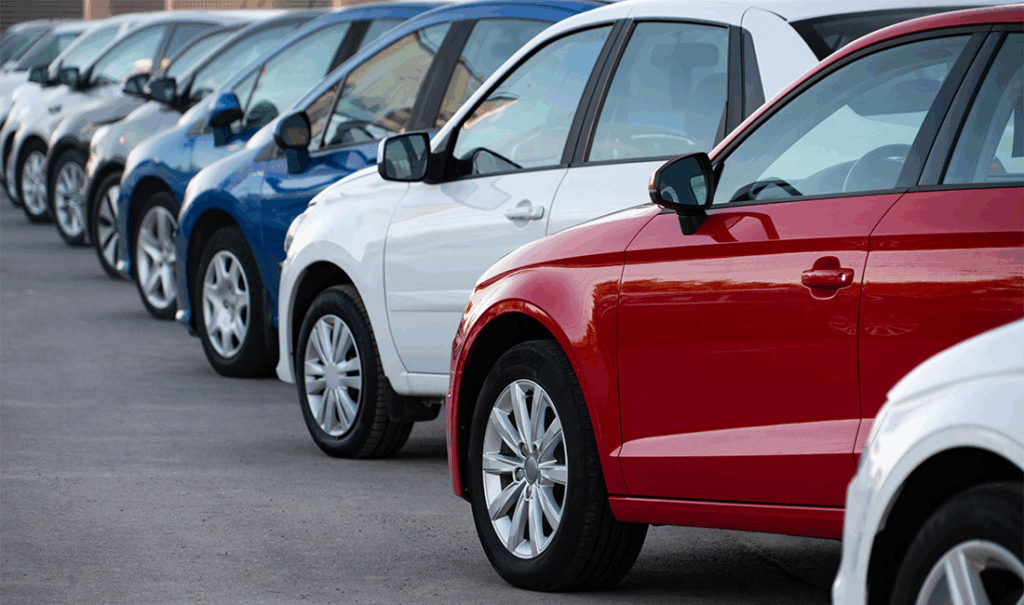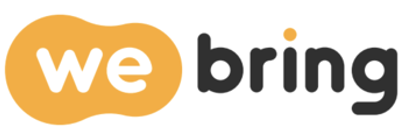Just because you bought a used car for “10 million KRW” doesn’t mean the actual cost ends there. On top of the purchase price, you’ll need to pay additional expenses such as acquisition tax, registration tax, and mandatory car insurance. Depending on the car’s condition or options, you might even face repair costs sooner than expected. Many foreigners or first-time buyers overlook these extra costs, only to be surprised later when their budget is exceeded.
In this article, we’ll focus on the commonly overlooked costs of buying a used car in Korea: insurance and taxes, and other registration fees. Even if the car itself is cheap, your total expenses can skyrocket if insurance premiums and taxes are higher than you expected. For foreigners, the insurance process may be a bit more complicated, but with the right guidance it’s not an issue — let’s break it all down together.
1. Car Insurance: Mandatory Coverage & Optional Plans
Mandatory Insurance (Bodily & Property Liability)
In Korea, all drivers must legally carry liability insurance, which covers both bodily injury and property damage. The moment you transfer the title to your name, even on the same day, you must have active insurance in order to drive legally. Driving without coverage can result in heavy fines, and in case of an accident, you may face severe civil and criminal liabilities.
Foreigners can also obtain insurance by submitting the required documents — such as an Alien Registration Card, driver’s license, and proof of legal residency. However, if you have little to no credit history or driving record in Korea, your premium may be higher. Some insurers may grant discounts if you can provide proof of prior driving experience abroad, or if you’ve held a converted Korean license for over a year. It’s wise to confirm these details with insurers in advance.
Optional Coverage (Own Damage, Personal Injury, Uninsured Motorist, etc.)
Liability insurance alone won’t cover damages to your own car or injuries to yourself. That’s why most drivers in Korea opt for “Comprehensive Insurance packages,” which include Bodily Injury II, Property Damage, Personal Injury Protection (or Auto Injury), and Own Damage coverage. Adding Own Damage coverage significantly increases the premium, but it ensures you won’t bear the full repair costs in case of an accident.
For foreigners or beginner drivers who may not yet be comfortable with Korean road conditions, including Own Damage coverage is often worth the peace of mind. On the other hand, if you’ve purchased a very inexpensive used car, the additional premium might feel excessive. Some drivers choose to stick with liability coverage only, accepting minor repair costs themselves. Ultimately, it depends on your personal budget and risk tolerance.
How Insurance Premiums Are Calculated & Ways to Save
Premiums are calculated based on factors such as the car’s year, engine size, value, as well as the driver’s age, driving history, and accident record. For foreigners, shorter driving history in Korea often leads to higher premiums, so it’s important to compare quotes from multiple insurers. Online comparisons or direct-purchase (direct) insurance sometimes come cheaper since they skip agent commissions.
You can also save by applying discounts such as black box installation, or mileage-based reductions if you drive fewer kilometers annually. However, cutting too much coverage just to reduce costs can leave you financially exposed in an accident, so finding a balanced plan is key.

2. Car Taxes: Acquisition Tax, Registration Tax & Vehicle Tax
Acquisition Tax & Registration Tax
When you buy a used car, you’ll be required to pay acquisition tax and registration tax, calculated based on the purchase price. In practice, this generally amounts to around 7–8%, including a local education surtax (30% of the acquisition tax). For example, if you buy a car for 10 million KRW, you should expect to pay around 700,000–800,000 KRW in taxes.
Regardless of whether you buy directly from an individual or through a dealer, the moment the car is registered under your name, these taxes must be paid before you receive your vehicle registration certificate. This applies to foreigners as well — maintaining official tax payment records is essential for operating your car without issues.
Annual Vehicle Tax (Property Tax)
Unlike acquisition tax, which is a one-time fee, vehicle tax is assessed yearly or quarterly. The amount depends on engine displacement: compact cars and small vehicles pay less, while large sedans and SUVs with bigger engines pay more. For a mid-sized sedan with a 2.0L engine, annual tax can be around 500,000–600,000 KRW, while a compact car may only cost around 100,000 KRW. Some local governments also offer discounts for paying in advance, so check your tax notices carefully.
Foreigners who move residences frequently should be extra careful, as missing mailed tax notices can lead to overdue payments. Accumulated unpaid car taxes may cause trouble when leaving or re-entering Korea, as well as incur late payment fees. Since not receiving a bill doesn’t exempt you from responsibility, it’s wise to regularly check via local government websites or electronic billing systems.
3. Other Extra Costs: Ownership Transfer, Maintenance & Inspection
Transfer Registration Fees & Ownership Change Costs
When you buy a used car, you’ll need to complete the ownership transfer process, usually handled by a dealer or administrative service office. During this process, small fees such as document issuance, stamp tax, or service charges may apply. While these aren’t typically expensive, some agencies inflate the costs, so always confirm the “transfer service fee” before signing a contract.
For ownership transfer, required documents typically include your Alien Registration Card, driver’s license, and sales contract. If you hire an agency, they’ll handle the process but charge an extra fee. You can also visit your local Vehicle Registration Office to handle it yourself, but consider the potential language barrier before deciding.
Post-purchase Maintenance Costs
The condition of used cars can vary greatly, and buyers often need to budget for immediate maintenance such as engine oil changes, brake pad replacement, or new tires. These basic repairs can easily cost 500,000–1,000,000 KRW. Smaller components such as AC filters, wipers, or headlights may also add up. By preparing a buffer for unexpected repairs, you avoid being caught off guard by sudden expenses.
Regular Vehicle & Emissions Inspection
In Korea, cars are required to undergo regular inspections. Typically, new cars are inspected after 4 years, and used cars every 2 years (subject to vehicle type and usage). Inspection fees usually range between 20,000–30,000 KRW. If your car fails due to excessive emissions or safety issues, you’ll need repairs and a re-inspection. If your used car’s next inspection is coming up soon after purchase, budget for this cost in advance.
4. Foreigners’ Residency Situation & Cost Strategies
Strategies Depending on Length of Stay
If you plan to stay in Korea for less than a year, buying a used car may not be cost-effective. You’ll pay acquisition tax and insurance up front, only to sell the car soon after. In such cases, it may be wiser to consider long-term rental or leasing. On the other hand, if you’ll be staying for 2–3 years or more, spreading out the total cost (car price + taxes + insurance + maintenance) might make ownership more reasonable.
Be Mindful of Visa & Registration Status
Some extra costs, such as insurance and taxes, can’t be processed smoothly if your legal status is unclear. For example, if your visa is too short in duration, insurance companies may hesitate to approve your policy. Likewise, unpaid taxes could negatively affect your visa extensions or re-entry. If you split payments (such as yearly vehicle tax in installments), you must ensure your mailing address is up to date, or you may miss important notices and accidentally incur overdue fees.
Conclusion: Calculate the Total Cost Before Buying
If you only focus on the car price — “Wow, I can buy this for 10 million KRW!” — you may be shocked later when additional taxes, insurance, and maintenance push the total up by several million won. For foreigners in particular, having strong insurance coverage is crucial for safety and peace of mind. You may also face extra costs in repairs or paperwork due to the language barrier. In reality, many buyers end up spending 13–14 million KRW in total for a car that initially cost 10 million KRW.
The best way to avoid surprises is to calculate your budget using: Car Price + Acquisition/Registration Taxes + Insurance + Initial Maintenance + Service Fees. As a foreigner, you should also consider your visa status, credit rating, and length of stay before deciding between cash, financing, or leasing. By carefully reviewing all of these factors, you’ll avoid overspending or running into paperwork problems during ownership.
A car purchase in Korea involves much more than just the sales price. To prevent overspending or complications from unpaid taxes, never overlook the importance of insurance and taxes. With thorough preparation, a used car can be an affordable and reliable solution for your transportation needs in Korea.


K-Name Studio: Create your perfect Korean name based on your personality and style.
What’s My K-Beauty Personal Color?
WeBring Service : Provides personalized services to foreigners living in Korea
Exclusive offer: Introducing foreign car rental in Korea, WeBring-SoCar

